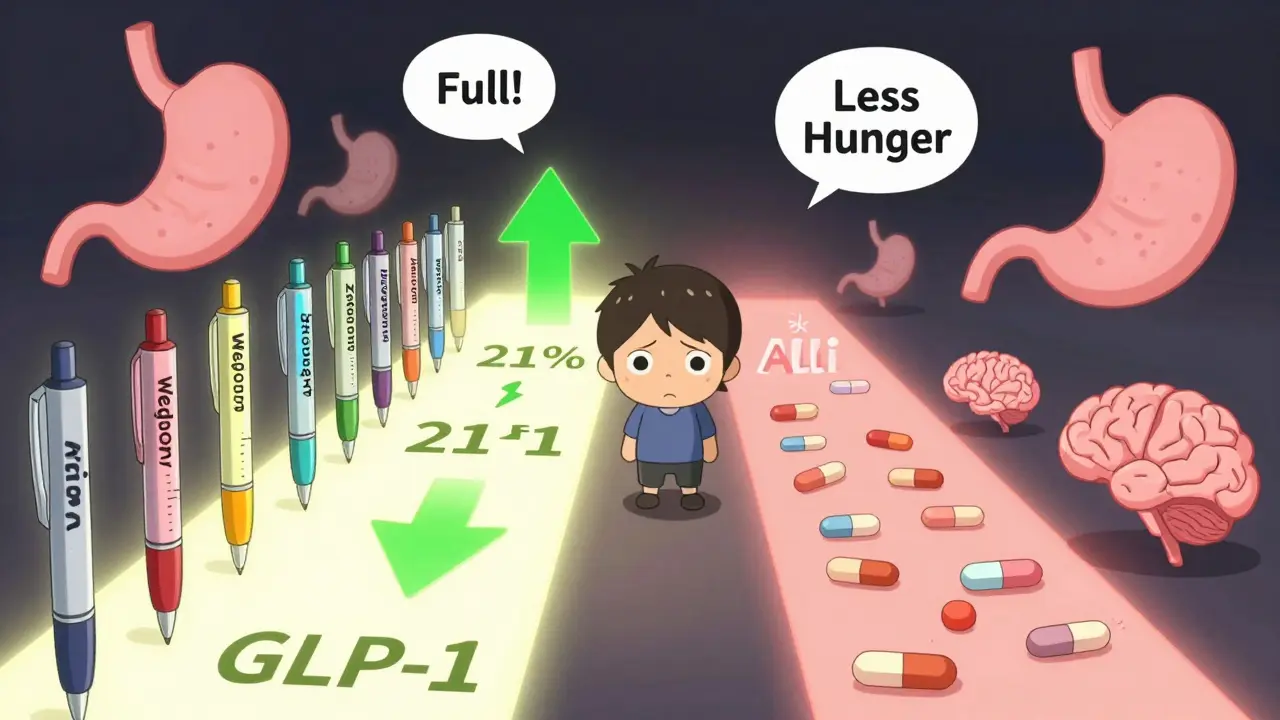Gastrointestinal Side Effects: What They Are and How to Handle Them
If a new pill makes your stomach rumble, gives you a cramp, or sends you running to the bathroom, you’re probably feeling a gastrointestinal (GI) side effect. These reactions are common – many medicines, from antibiotics to painkillers, can upset the gut. The good news? Most of them are predictable and can be tamed with a few easy changes.
Common Causes of GI Side Effects
Medications that touch the digestive system are the usual suspects. Antibiotics like amoxicillin can knock out good bacteria, leading to diarrhea. Non‑steroidal anti‑inflammatory drugs (NSAIDs) such as ibuprofen often irritate the stomach lining, causing nausea or heartburn. Even inhalers for asthma, like budesonide/formoterol, may trigger a mild stomach upset if taken on an empty stomach.
Beyond drugs, supplements aren’t innocent either. High‑dose vitamin C, iron tablets, or herbal extracts can cause cramps or loose stools. If you’ve started a new supplement, watch the label for dosage warnings.
Practical Ways to Reduce Discomfort
First, read the package insert. It usually lists the most frequent GI symptoms and suggests timing tricks – for example, taking NSAIDs with food can lower stomach pain. If a medication says “take with food,” follow it; a light snack often does the trick.
Stay hydrated. Diarrhea can drain fluids fast, so sip water, electrolyte drinks, or clear broth throughout the day. Avoid caffeine and alcohol while you’re adjusting, as they can worsen dehydration and irritate the gut.
Adjust your diet temporarily. Bland foods – bananas, rice, applesauce, toast (the BRAT diet) – are easy on the stomach and can help settle diarrhea. If you’re dealing with nausea, try ginger tea or small, frequent meals instead of large plates.
Probiotics are worth a try, especially after antibiotics. A daily yogurt with live cultures or an over‑the‑counter probiotic can repopulate good bacteria and shorten the run‑ny period.
Don’t ignore persistent symptoms. If you have severe abdominal pain, blood in stool, or vomiting that won’t stop after 24‑48 hours, contact a healthcare professional. Those signs may indicate a more serious reaction that needs a dosage change or a different drug.
Finally, keep a simple log. Write down the medication name, dose, when you took it, and any GI symptoms you notice. This record helps your doctor pinpoint the culprit quickly.
Managing GI side effects is mostly about listening to your body and making small adjustments. Most people find relief within a few days, and the benefits of the medication outweigh the temporary discomfort. Stay informed, stay hydrated, and don’t hesitate to ask your pharmacist or doctor for advice if something feels off.





